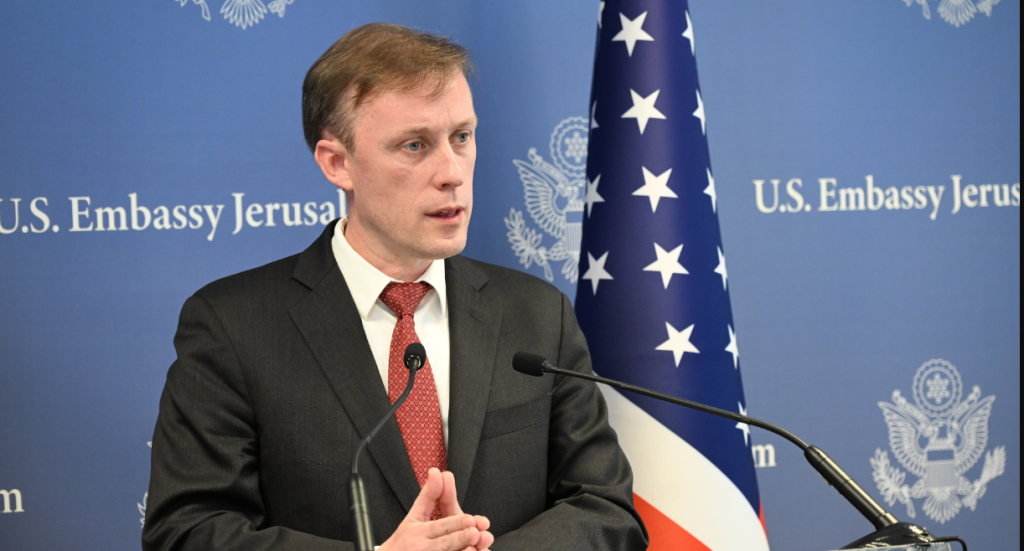The White House reacted to Russia’s veto at the UN on a resolution prohibiting the placement of nuclear weapons in space.
Others are reading now
The White House addressed Russia’s veto of a UN Security Council resolution intended to prevent the deployment of nuclear weapons in space.
This response was issued by Jake Sullivan, the National Security Adviser to the US President, and published by the White House press service.
Sullivan’s Statement on the UN Veto
Sullivan explained that the proposed resolution would have called on all UN member states not to develop nuclear weapons specifically designed for space launch. He noted that the deployment of nuclear weapons into orbit would violate the Outer Space Treaty, a key international agreement that governs the use of space for peaceful purposes.
Also read
“Placement by a State Party of a nuclear weapon in orbit would not only violate the Outer Space Treaty, but would threaten the vital communications, scientific, meteorological, agricultural, commercial, and national security services that any and all satellites provide to societies around the globe,” the statement reads.
According to Sullivan, the United States has evidence suggesting that Russia is developing a satellite capable of carrying nuclear weapons.
“We have heard President Putin say publicly that Russia has no intention of deploying nuclear weapons in space. If that were true, Russia would not have vetoed this resolution,” Sullivan stated.
Russia’s veto of the UN resolution raises concerns about the potential militarization of space and the risks associated with deploying nuclear weapons in orbit.
The US government has previously cautioned Russia against deploying new nuclear weapons in space that could disable numerous satellites. The United States has also informed Congress and European allies about new intelligence suggesting Russian nuclear capabilities that could pose a potential international threat.


